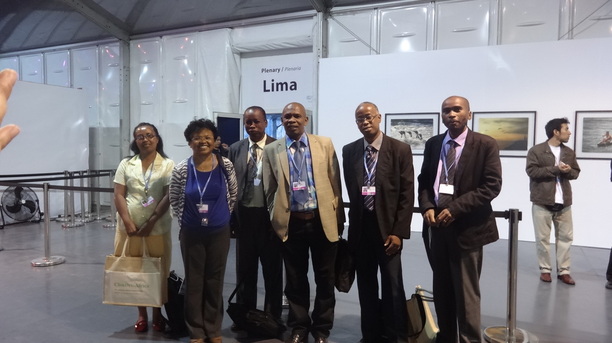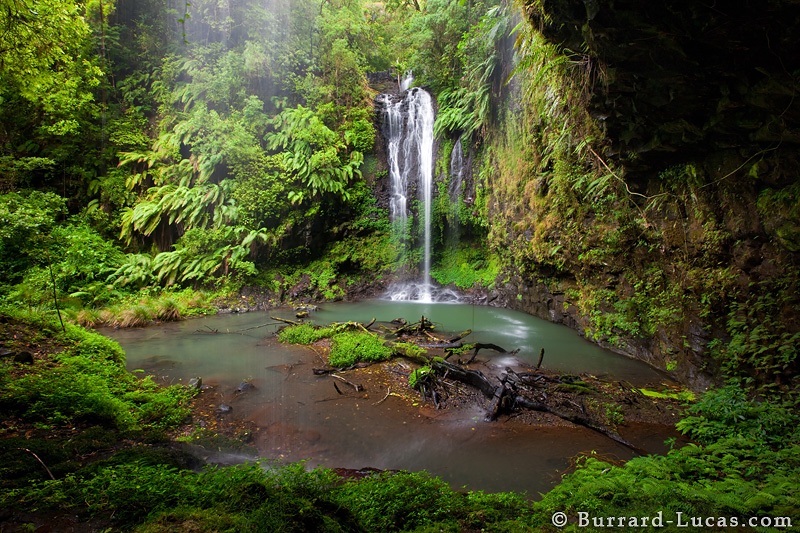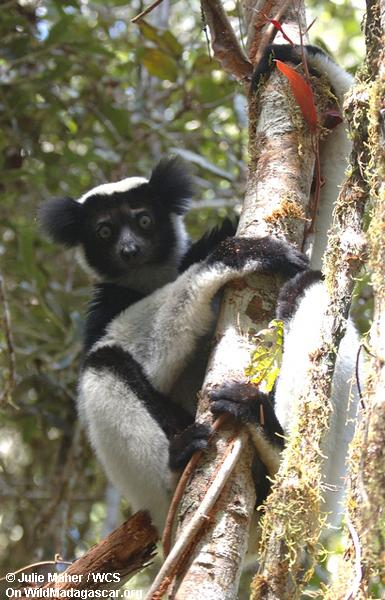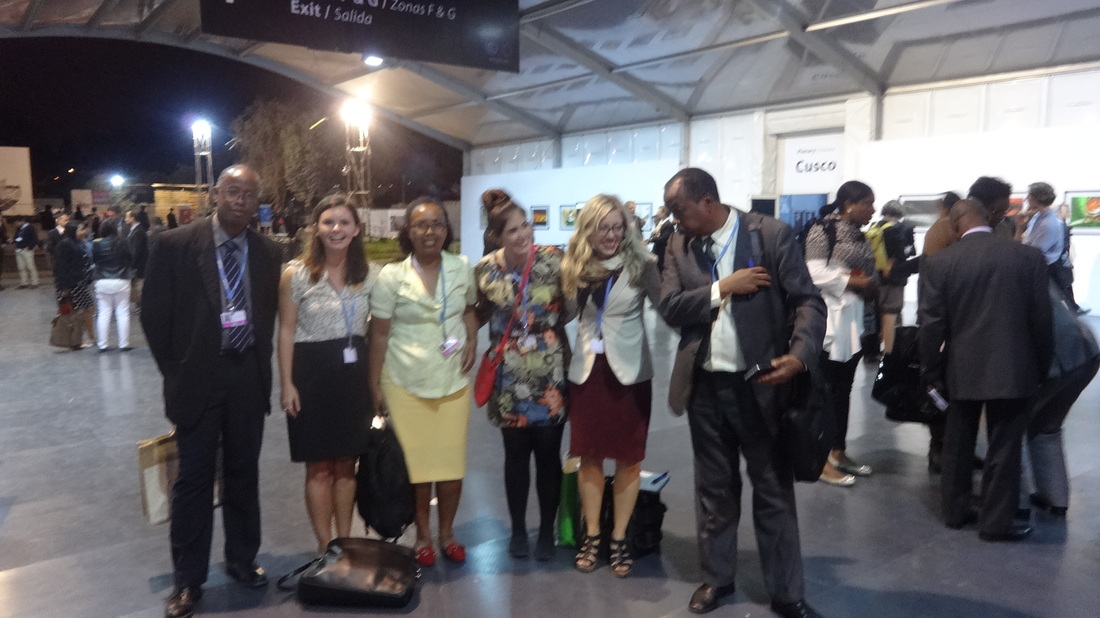|
Below is a picture of Madagascar. Yes. I know what you were thinking. It IS one of the most beautiful places on Earth. The Madagascar Delegation (shown above on the top of the page) is fighting to save their home. For those of you like me, who struggle sometimes with geography, Madagascar is an island located off of the coast of Eastern Africa. It is the fourth largest island in the world with a population close to 15.9 million. It is also a hotspot for unique animals and wildlife! Over 80% of the fauna and flora found on this island are found NO WHERE ELSE on Earth. Here is a picture of the Indri Lemur, native to Madagascar! This extensive amount of biodiversity has to be protected. As many of you may know, we are currently destroying the habitats and lives of so many plants and animals per month that we are technically living through the 6th mass extinction in the history of our planet. To read more about that check out this website
Now let me get back on track and tell you about our meeting with the Madagascar delegation yesterday. It all started on the bus on our way to the conference. Now, I think I have to quickly note here, how Nina is the luckiest out of all of us! She sat next the lead negotiator for Madagascar Marcellin Rabeantoandro who then offered to meet with us later in the afternoon. He also happens to be the deputy Minister for the Environment, Ecology and Forestry Services. At 6pm we wandered over the plenary to meet with Minister Rabeantoandro. Now the plenary is a session of the conference where EVERY nation-state has the opportunity to speak and share their opinions about the negotiations and climate change. Rabeantoandro met us outside and politely asked if we would wait a few more minutes for the plenary to wrap up. We went inside the vast meeting hall and listened to representatives from Paraguay, Ecuador, and Belgium share their opening regards. Then, our new acquaintance began his speech! Talking in his native language, French, he spoke passionately about the need for developed countries’ to help finance Madagascar’s adaptation to climate change. Our discussion afterward was insightful and inspiring. We spoke with the entire delegation and here is a brief summary of our conversation. Countries such as Madagascar are feeling the negative repercussions of climate change right now, specifically on their agricultural production. There have been dramatic weather changes, which is negatively impacting their crops and leading to less diverse crop production. With less agricultural yields; food security is a critical concern. Minister Rabeantoandro is a huge supporter of the Green Climate Fund. He believes that the Green Climate Fund can provide Madagascar with the monetary means to adapt to a changing climate. They need assistance in “building up capacity” through financing. Some recent good news is that donations from countries to the Green Climate Fund have exceeded the goal of 10 billion for this Conference. Then the Madagascar delegation also stressed the importance of education. “One person, One Tree” They believe that if the youth can be taught to value the Earth then Madagascar will have a sustainable future. I think this is applicable for all children and the youth throughout the globe. In addition, the delegation believes that the United Nations REDD+ program, to reduce emissions from deforestation and degradation, will have a strong positive impact on Madagascar’s forests. To read more about this new and vital land management initiative check out this website . The most important aspect of our discussion revolved around the concept of responsibility. Those people living in Madagascar are not responsible for climate change, but they are feeling the repercussions of our actions. It begs us to ask the question, “Where is the justice in that?” and I automatically think, “What can WE do to help these countries?” Representatives from the delegation said very specifically - Big emitters, such as the United States, have to help us because we did not do this to ourselves. Developed countries need to take responsibility for their actions. In addition, they believe that a carbon tax is essential in mitigation. Mitigating climate change will allow the people of Madagascar to fight against poverty and create a green and sustainable economy. Personally, I agree that the United States, as well as other developed countries, need to take some responsibility for the green house gases they have emitted consistently over decades. I also believe that a carbon tax is essential in order to significantly curb emissions and incentivize innovations in green technology. Want to find out what the United States thinks about taking responsibility, carbon taxes, and taking action? Stay tuned for our next blog about hearing both Al Gore and John Kerry speak! Here's a candid of us with the delegates!
4 Comments
Alex Connolly
11/12/2014 11:16:15 pm
What country or countries do the Madagascar Delegation mostly believe is causing the climate change? Besides the United States, are there any other countries causing the climate change?
Reply
cameron onspaugh
11/12/2014 11:17:41 pm
How is the climate change affecting the wildlife of Madagascar? Are any of the species at risk of endangerment?
Reply
Jakob Doll
12/12/2014 12:01:28 am
How can younger people in the United States make a positive direct change in Madagascar? Also, what types of impacts could this eventually led on the United States?
Reply
Kaleb
12/12/2014 12:03:19 am
How much financing does Madagascar need to adapt to the changing in climate?
Reply
Leave a Reply. |
Categories
All
Archives
March 2024
|




 RSS Feed
RSS Feed
